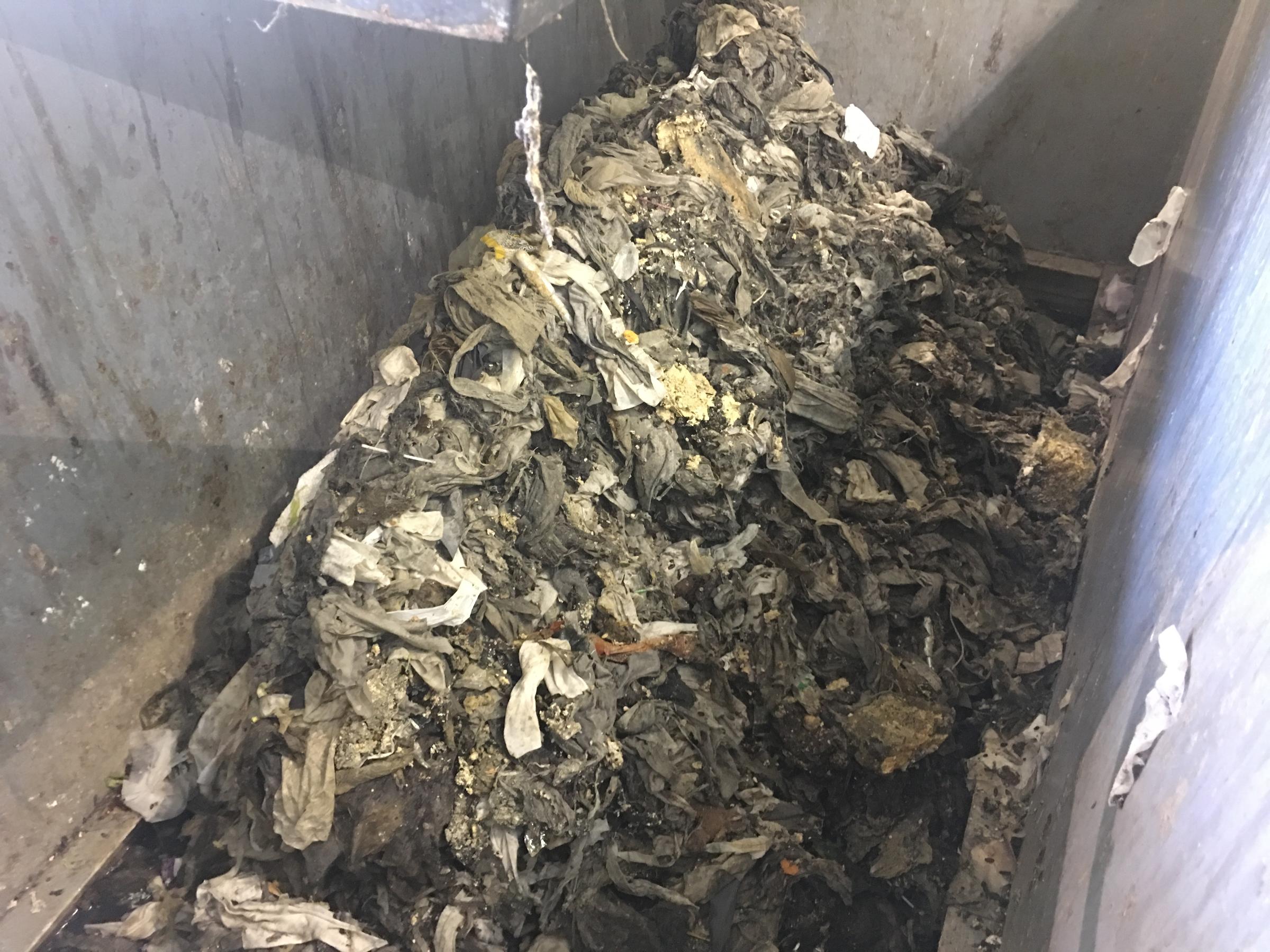File Photo.
Due to a shortage in the supply of toilet paper, Hilltops Council are experiencing a high volume of rags and wet wipes coming into sewerage treatment plants in the area. This is causing sewer pipe blockages.
“Wet wipes and rags clogging our sewers and breaking our pumps is one of the challenges we face in keeping the Hilltops sewer system operating, this is particularly prevalent with the current toilet paper situation” said Hilltops Council General Manager Anthony O’Reilly.
Everything you pour down the drain or flush down the toilet goes through the sewerage system and it is very important to remember that some things should not enter the sewer system.
Some of the worst culprits are fats, oils and grease. After they are washed down the sink, they quickly cool and solidify, sticking to the walls of the pipes causing blockages. If they mix with other items, such as wet wipes or sanitary products, then blockages can become more serious.
Wet wipes include baby wipes, toilet wipes, body wipes, personal hygiene wipes and cleaning wipes. They are often marketed as “flushable” or biodegradable”, but instead of disintegrating after flushing, like toilet paper, the synthetic wet wipes do not break down, contributing to major blockages in our sewerage network.
The pipes that run from your home to the main sewer are only a few inches wide. They can become blocked easily and if blocked, sewage can quickly back up into your street, garden or even your home, causing a dirty and costly mess.
Having to unclog the mess that these products are causing poses a significant cost to the local community—one that is preventable if we all do the right thing.
The staff time and resources required to fix these blockages comes at a high cost to rate payers. For each blockage, Council fitters have to travel to site, lift the pump with a crane truck, dismantle the pump, remove the blockage, re-assemble the pump and put the station back online.
“Every time there is a blockage, we also risk damaging the pump, the pipework and the electrical equipment. If a blockage occurs on private property, it is the responsibility of the property owner to unblock it. Then there’s the risk of raw sewerage overflow into neighbouring properties or the environment” advised Anthony.
Other items that should never be flushed are women’s sanitary products, medical dressings, cotton buds, condoms, colostomy bags and disposable nappies. These materials should be bagged and disposed of in a rubbish bin

